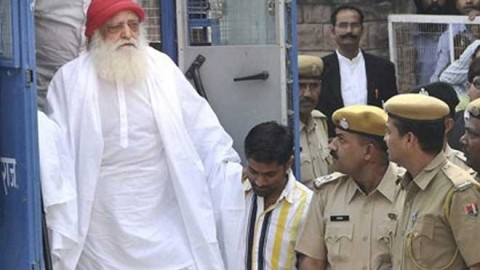‘Quashing’ the death warrants issued by a sessions court against a couple accused of murdering seven members of a family, the Supreme Court, on Wednesday, stated that in a civilised society, the capital punishment of ‘hanging to death’ of a convict could not be carried out in an arbitrary manner, keeping him or her in the dark and without allowing proper recourse and information.
The death warrants were issued by the sessions court in Amroha on May 21, three days later the Supreme Court confirmed the death penalty of the couple, Shabnam and Saleem. The two were convicted on the charges of murdering seven members of Shabnam’s family back in 2008. The Bench of Justice included Hon. A.K. Sikri and Hon. U.U. Lalit, who stopped the execution of the couple, while confirming certain “essential safeguards” available to a death row convict before a warrant of execution is issued. Such safeguards were laid down by the Allahabad High Court in 2014 on writ petitions filed by the Nithari convict Surendra Koli and the People’s Union for Democratic Rights against the execution of his death sentence in the Rimpa Haldar case.
With this order, the Supreme Court has seemingly ‘protected’ death row convicts from “open-ended” death warrants that have been issued unilaterally without following the due process of law under Article 21 of the Constitution. The Supreme Court has sent out a clear message stating that ‘principles of natural justice cannot be thrown out of the window when it comes to death row convicts by unilaterally fixing their time of execution without hearing them first.’
Tags: Nithari Rimpa Haldar case Supreme Court Surendra Koli








